5 herbal treatments for acne that are safe and effective…
If you’re tired of fighting the constant battle, perhaps it’s time to consider making the switch to herbal remedies for acne.

Unlike conventional skincare products, which can contain harsh chemicals that irritate and dry out your skin, herbs offer a gentler solution.
Many herbs contain anti-inflammatory properties that can help to calm angry, red skin. And others are high in antioxidants that can protect your skin from damage caused by free radicals.
Here are the top herbal remedies for acne and how they work to fight breakouts.
With so many different herbs to choose from, there’s sure to be one that’s perfect for your skin type and individual needs.
Whether you’re dealing with stubborn acne or simply want to brighten and even out your complexion — natural remedies are a safe, effective, and affordable way to achieve beautiful, healthy skin.
Enchinacea:
Enchinacea is an herb that is commonly used to boost the immune system, but it also has anti-inflammatory and anti-bacterial properties that can help to reduce acne.
This flowering plant has been used for centuries in traditional medicine to treat a variety of ailments.
More recently, scientists have discovered that echinacea has potent anti-inflammatory and antimicrobial properties, which make it an ideal ingredient for maintaining blemish-free skin.
It helps to reduce inflammation, which can help to shrink pimples and reduce redness.
Additionally, echinacea has been shown to have antibacterial properties, helping to keep acne-causing bacteria at bay.
If you’re looking for a natural way to keep your skin clear and healthy, echinacea is definitely worth a try!
Applying a cream or gel with Enchinacea extract to your skin can improve the appearance of your acne and prevent future breakouts.
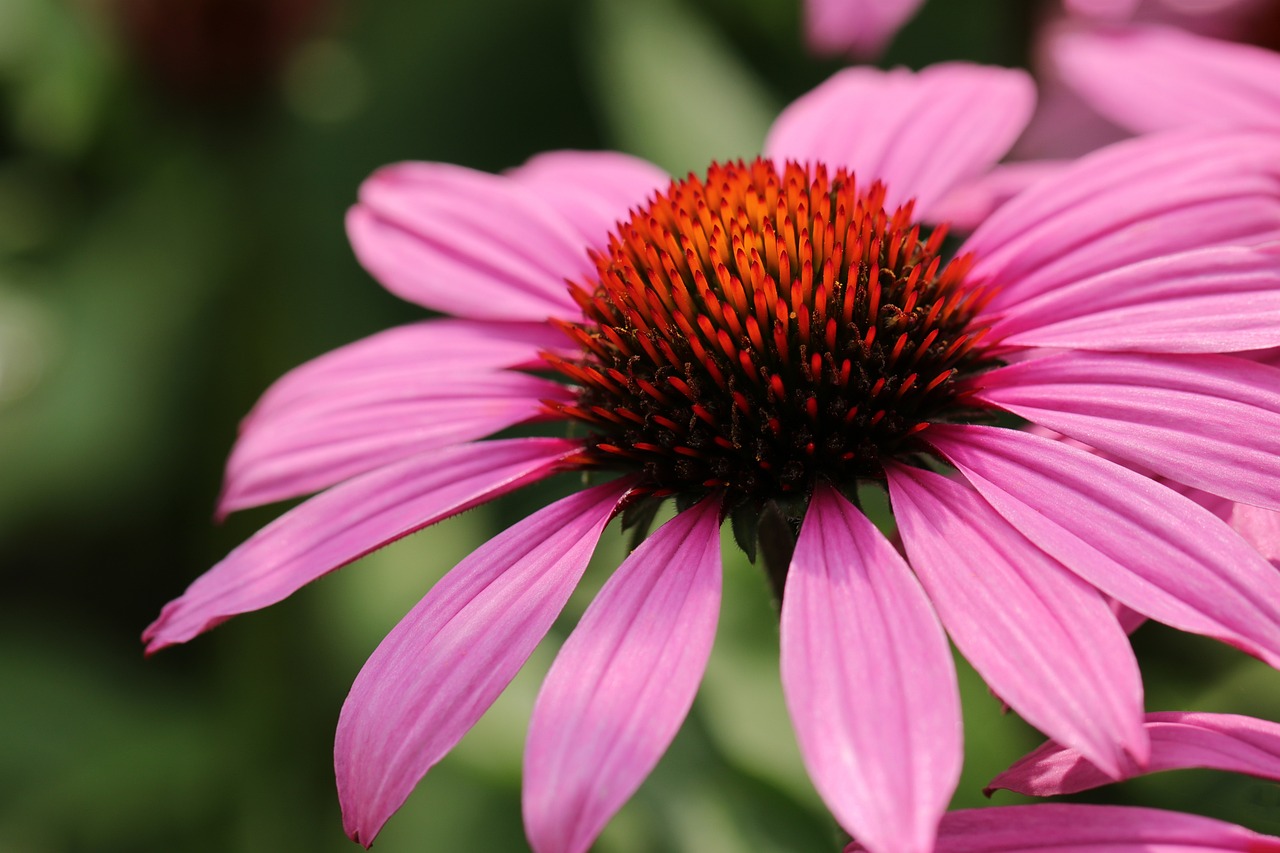
Echinacea flower
Witch Hazel:
Witch hazel has long been hailed as a natural remedy for keeping our skin free from blemishes. But how does it actually work?
Witch hazel’s anti-inflammatory properties can help soothe irritated skin and reduce redness.
Its astringent properties can also help to tighten and tone the skin, thereby minimizing the appearance of pores and reducing the likelihood of acne-causing bacteria taking hold. It is a natural astringent that can help to shrink pores and reduce inflammation.
Additionally, witch hazel contains antioxidants that can help to protect the skin from further damage and premature aging.
It is often used as a toner or cleanser and can be used daily to keep acne at bay. Witch Hazel can also be used to soothe razor burn or other skin irritations.
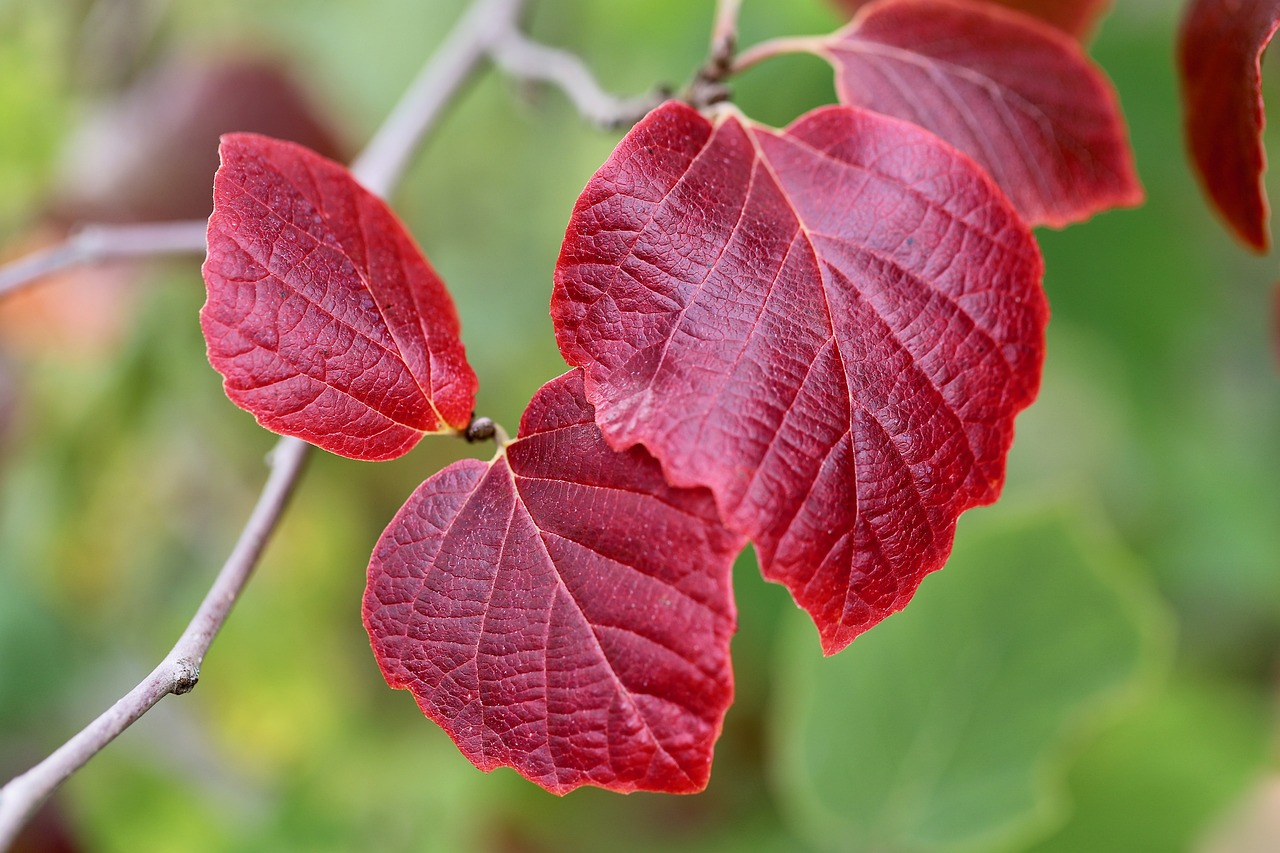
Witch Hazel
Aloe Gel:
Aloe is a succulent plant that is known for its soothing and healing properties. It has been used for centuries to treat burns, wounds, and other skin conditions.
Aloe has been used for centuries to soothe and heal various skin conditions, and its benefits for acne-prone skin are well-documented. It contains enzymes that work to remove dead skin cells and unclog pores, Its anti-inflammatory properties can help calm redness and inflammation.
Plus, it’s gentle enough for even sensitive skin, making it a safe and effective option for anyone looking to achieve a healthy, glowing complexion.
Aloe gel is particularly effective for acne because it has anti-inflammatory properties that can reduce redness and swelling.
It also contains salicylic acid, which is a common ingredient in many acne products because it helps to unclog pores and exfoliate dead skin cells.
If you’re looking for a natural way to keep your skin clear and blemish-free, you may want to consider adding Aloe to your skincare routine.
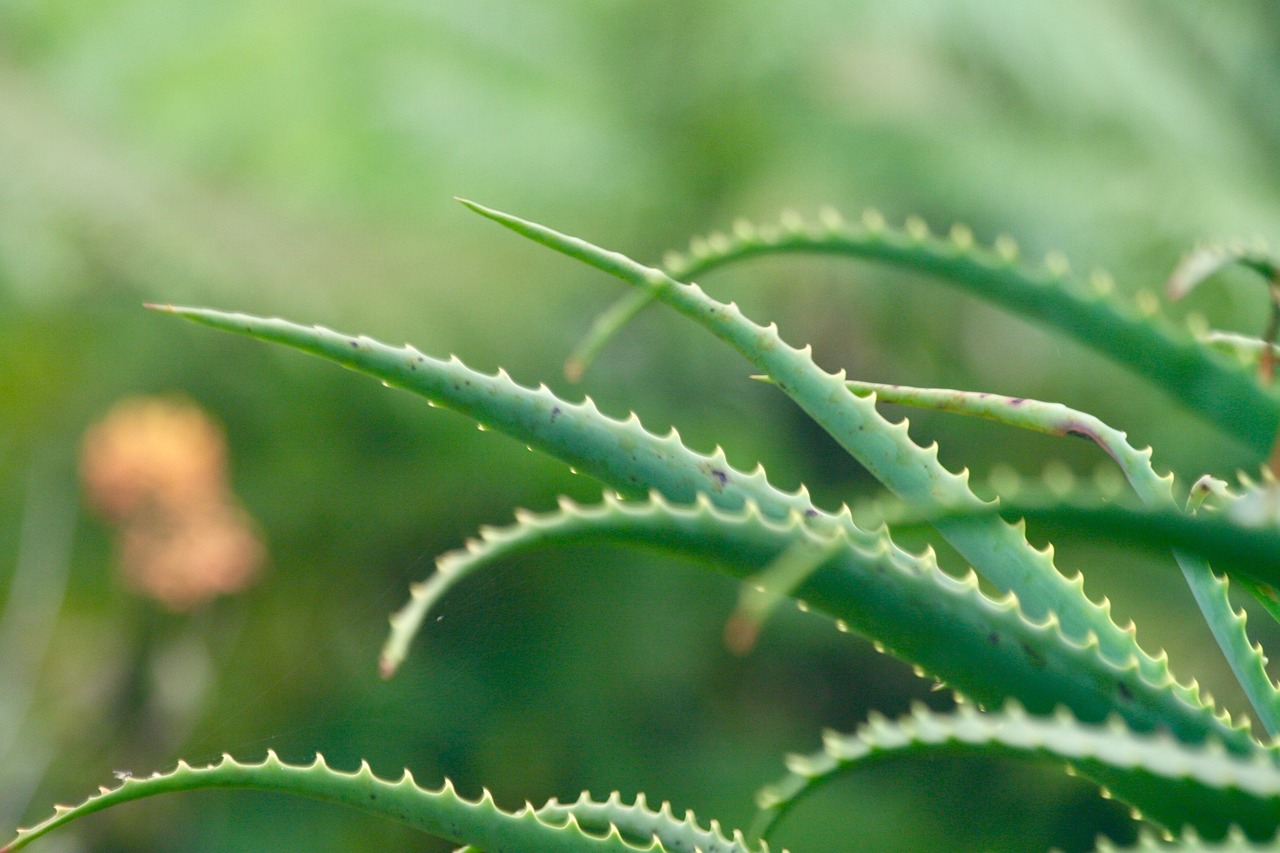
Aloe
Tea Tree Oil:
Tea Tree Oil, also known as Melaleuca oil, has been a popular natural remedy for a plethora of skin ailments for centuries. It’s commonly used to keep our skin blemish and acne-free, due to its many antimicrobial and anti-inflammatory properties.
Tea tree oil is a natural antiseptic that can be used to treat many skin conditions, including acne.
It has anti-inflammatory properties that can help to reduce redness and swelling. It is also an effective anti-bacterial that can kill the bacteria that cause acne.
What makes this oil stand out is that it penetrates deep into the skin layers. Its magic works at eradicating bacteria and reducing inflammation that leads to pimples, blackheads, and whiteheads.
Additionally, Tea Tree Oil regulates sebum production, preventing clogged pores and excessive oil build-up.
If you’re struggling with persistent acne issues, Tea Tree Oil might just be the holy grail product you’ve been looking for!
Tea tree oil should be diluted with a carrier oil before applying it to your skin, as it can be irritating if used in its pure form.
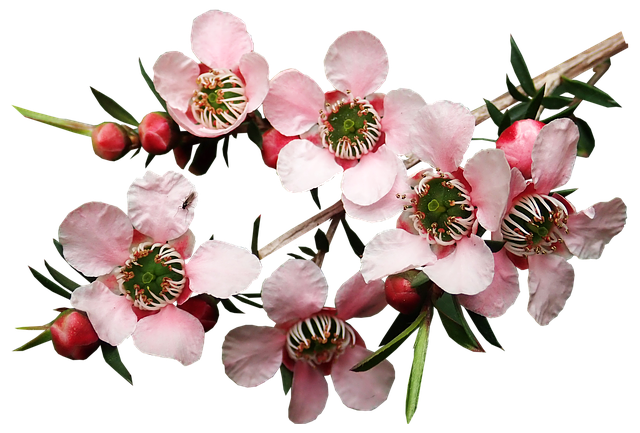
Tea Tree
Turmeric:
Turmeric is a spice that is commonly used in Indian cuisine, but it also has anti-inflammatory and anti-bacterial properties that can help to reduce acne.
Curcumin, a compound found in turmeric, has anti-inflammatory and antioxidant properties that can help keep acne and blemishes at bay.
It helps to reduce the production of sebum — an oily substance that clogs pores and causes pimples — while also calming redness and irritation.
Incorporating turmeric into your skincare routine can be effortless. It can be used as an ingredient in face masks, toners, and even cleansers — or as a supplement taken orally for overall health benefits.
Turmeric can also be taken as a supplement to help boost the immune system and reduce inflammation throughout the body.
Don’t let blemishes and acne hold you back from feeling your best-self and try incorporating turmeric into your daily routine for a natural and effective solution.
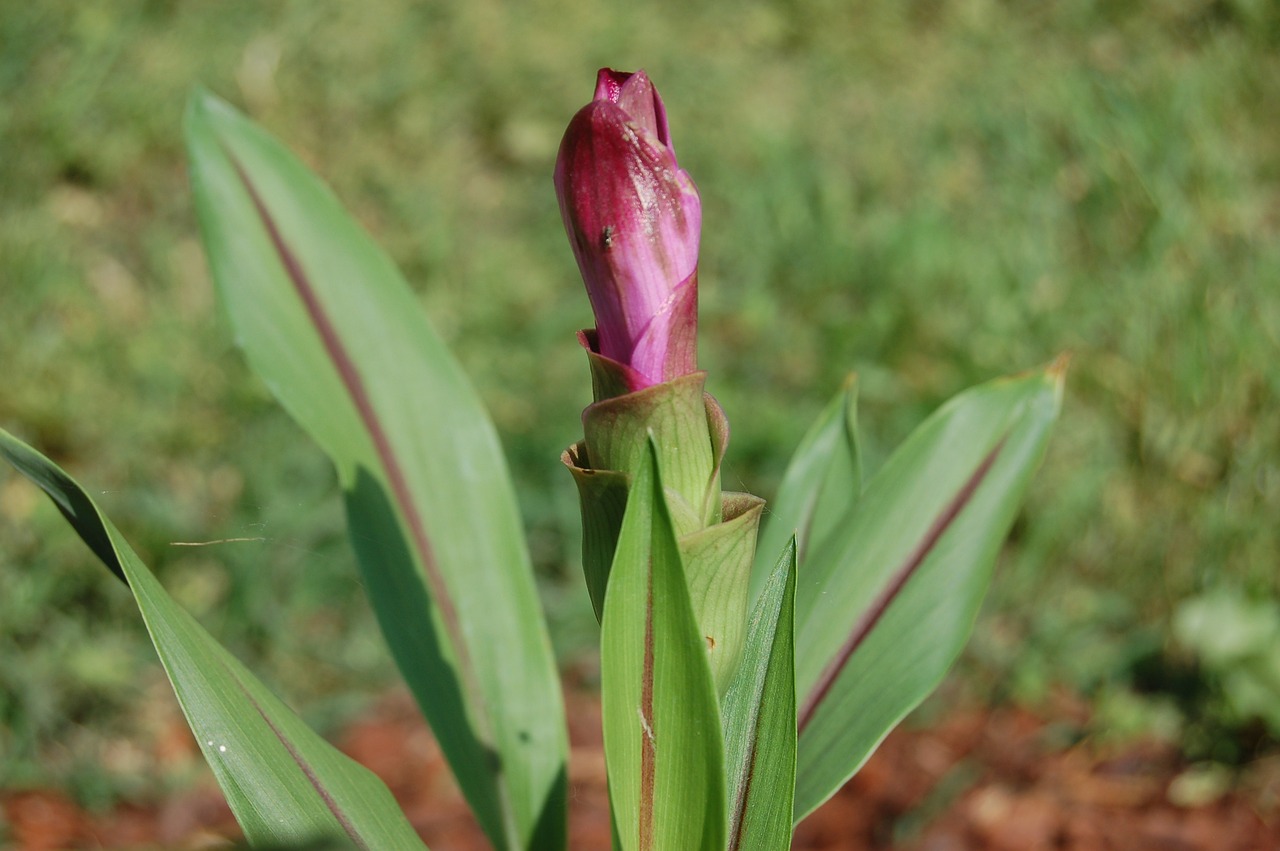
Turmeric
Effective Herbal Remedies for Acne
Acne is a common skin condition that affects millions of people worldwide, both young and old.
Acne can be a frustrating and embarrassing condition, but it is possible to treat it naturally with the help of herbal remedies. Enchinacea, Witch Hazel, Aloe Gel, Tea Tree Oil, and Turmeric are just a few examples. There are also other natural remedies that can help to fight breakouts and improve the health of your skin.
Although there are plenty of creams, gels, and other commercial products available on the market, many prefer using natural remedies. After all, they are less harsh on the skin and provide long-term benefits.
Note: When choosing an herbal remedy, be sure to do your research and consult with a healthcare professional if you have any concerns.
With the right treatment plan, you can achieve clear, healthy, and beautiful skin without relying on harsh chemicals or expensive products.
